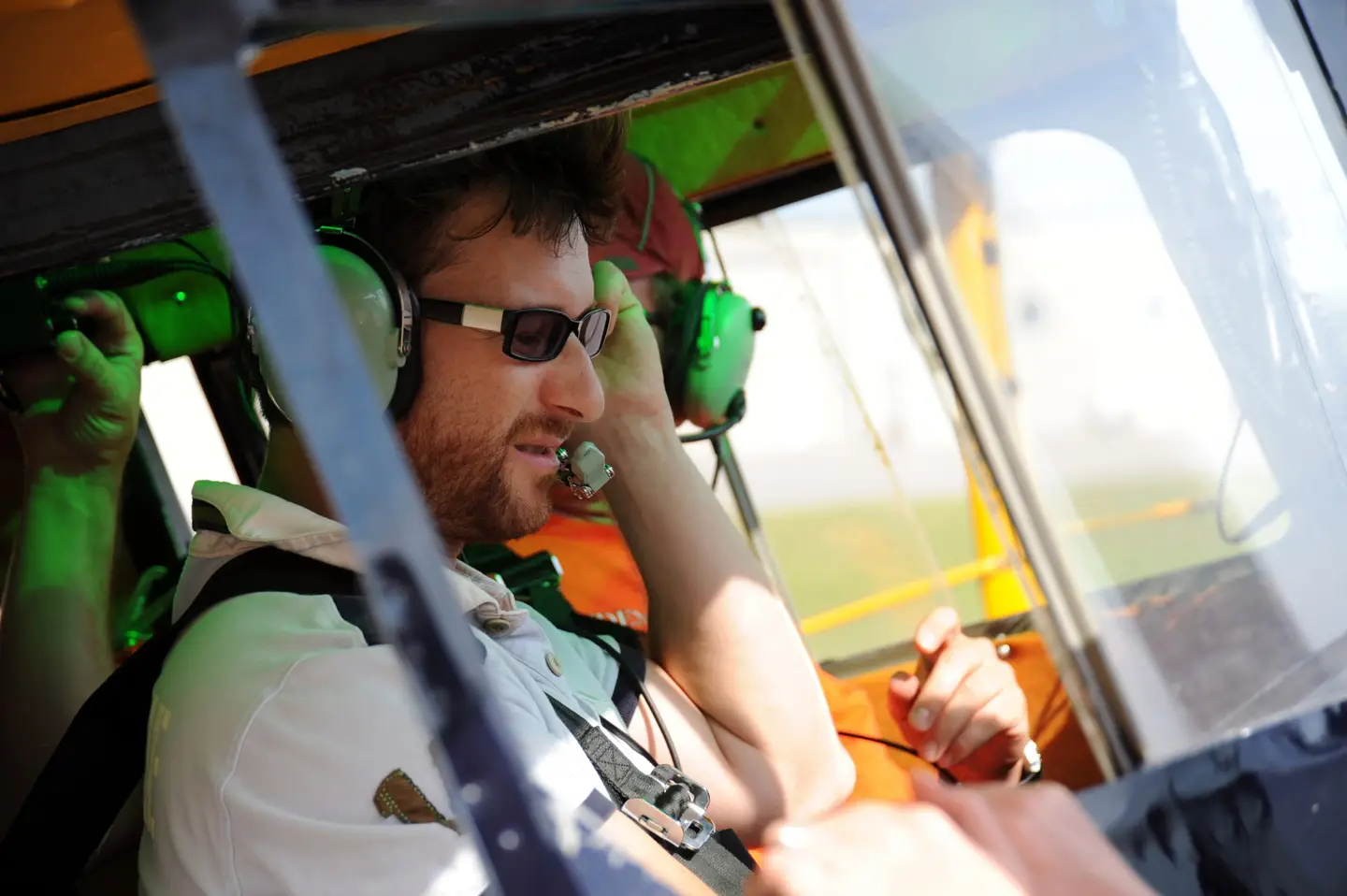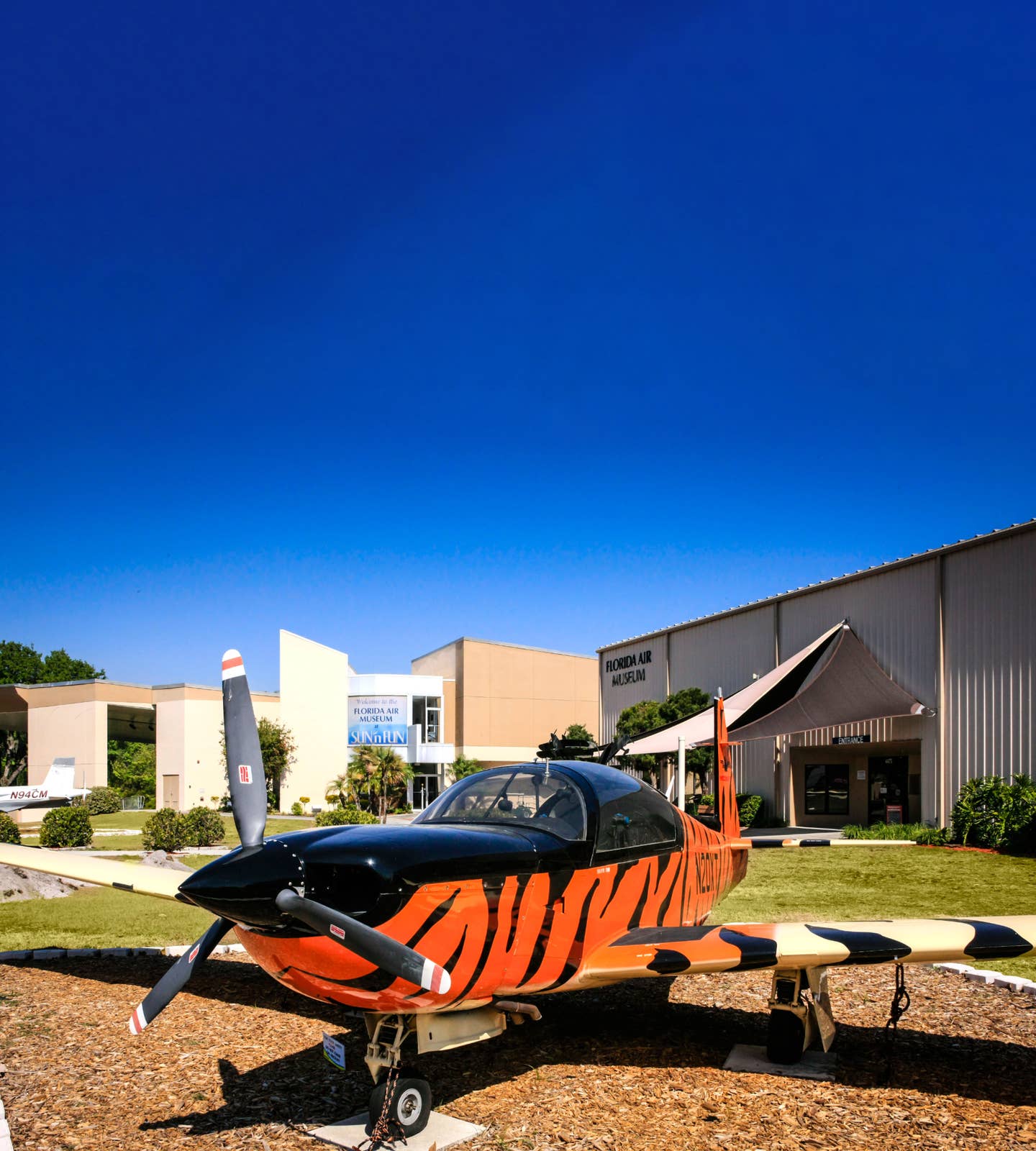Going Direct: Wait A Minute: What Won The Collier Award?
The prestigious award has had some odd twists and turns lately. This year included. Chances are that you won’t really care much who the winner of the prestigious 2015 Collier…
The prestigious award has had some odd twists and turns lately. This year included.
Chances are that you won't really care much who the winner of the prestigious 2015 Collier Trophy is, because the award, presented each year for an achievement in aeronautics or aviation was once again for a space program, in this case a space program that wasn't one that particularly captured the imagination of the public.
The winner . . . and sorry for burying the lead here, was NASA and the Jet Propulsion Laboratory for their Dawn program, which set off nearly a decade ago to explore the asteroid belt. You're forgiven if you'd forgotten. The committee, which announced the award earlier this week, said the team won for the "extraordinary achievements of orbiting and exploring protoplanet Vesta and dwarf planet Ceres, and advancing the nation's technological capabilities in pioneering new frontiers in space travel." Well, it's hard to compete with exploring protoplanets, I guess, though some other 2015 nominees had some great stories, too.
The first space age Collier was awarded in 1967 to Hughes Aerospace for unmanned Moon data gathering. The 1969 Collier Trophy went to a group of folks you might have heard of who took a little jaunt to the Moon, culminating in that one "Giant Step for (a) man" and for all us down here too.
Unmanned exploration of protoplanets is cool too, but not really the same kind of thing. Just saying.
There were two GA nominees this year: the HondaJet---which would have gotten my vote had I been on the selection committee this year---and the Icon A5 amphibious LSA. Both have made noteworthy contributions to our aviation world, though I would have needed to see a few more A5 deliveries before casting a vote for it given the competition. I'd have nominated the Cessna Citation X+ if I'd had the chance to do so. It might not be a rocket plane, but it sure feels that way when you pour the coals to it, and at Mach .935. Then again, the original Citation X won the Collier, back in 1996, when it was still common to award it to atmospheric craft (you know, the kind with wings).
I guess I get that the big defense companies dominate this award. After all, they have the means and the incentive to spread the word about their achievements. NASA and JPL winning is at least a bit of a departure from the Lockheed Martins and Northrop Grummans of the world, which are many decades removed from their development of light aircraft, at least ones with pilots in them.
The last light GA plane to win the Collier was the Eclipse 500, ten years ago now. The airplane was hugely ambitious and incomplete, and the Collier was awarded on the eve of the company going belly up in a billion dollar way and leaving hundreds of people out of millions of dollars. Ouch. Since then the airplane has achieved its promise, as the Eclipse 550, under new management, of course. But it might be a while before we see another light GA craft takes home the big prize.
With past trophy winners like Glenn Curtiss, Orville Wright, Chuck Yeager and Howard Hughes, once upon a time the Collier was all about planes. Some of us think it should still be.

Subscribe to Our Newsletter
Get the latest Plane & Pilot Magazine stories delivered directly to your inbox






